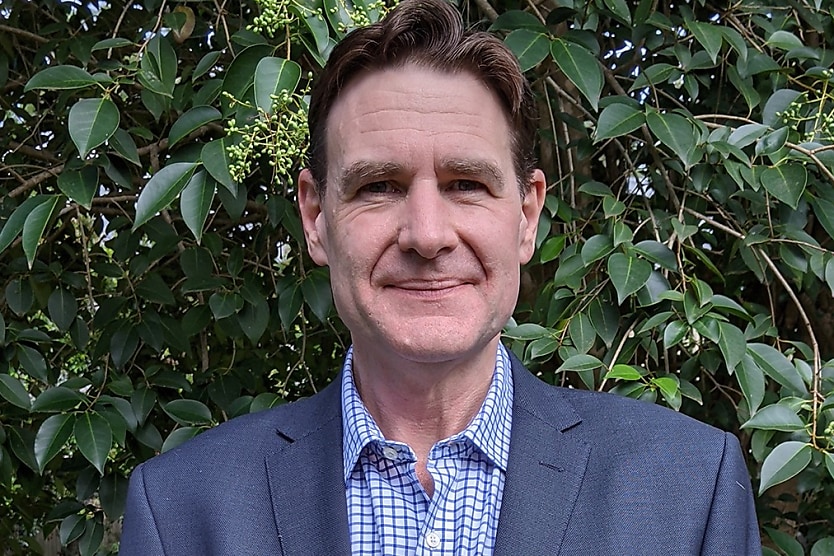The HR Leader in conversation with Dr Dominic McLoughlin about knowledge sharing
SHARE THIS ARTICLE

Hoarding information is damaging to a business and sharing knowledge can benefit productivity, according to people management specialist Dr Dominic McLoughlin, who met with The HR Leader in late October.
Shandel McAuliffe, editor at HR Leader: “Why can a lack of knowledge sharing be an issue for an organisation?”
Dr McLoughlin: “I think it is related to trust, for example: ‘I’m not prepared to give you my good ideas or volunteer new things if I don’t feel like there’s going to be some sort of outcome for it.’ Similarly, if I don’t trust the person to represent the idea as mine, why would I give it to them?”
He continued: “[An] important aspect of managing teams [is] trying to create a learning environment where it’s fine to make a mistake or to make an error. Managers can do that leading by example and say: ‘I apologise, I've made a mistake here.’ What that does is it frees people up to have much more open discussions and then instead of worrying about people misperceiving what they’re saying, they realise they can just make a suggestion, try an innovation, and if it doesn’t work, that’s not the end of the world.
“That knowledge sharing really relies on people being able to trust the others in the team, but also that ability to be allowed to make mistakes because that’s really where innovation comes from … that’s a really important part of trying to create a dynamic team that’s improving all the time,” said Dr McLoughlin.
Editor: “Do people believe they need to hold onto knowledge in order to keep their job?”
Dr Mcloughlin: “I’ve seen this in some organisations where a person will [say]: ‘I’m not prepared to give any of my knowledge out because then I might be in the next round of redundancy, so I’m just going to hoard it all.’ But organisations find a way around that and people find that they’re not a collaborative kind of person to work with. Ironically, it’s better to give away all your knowledge because you’ll continue to learn because other people will help you, so it ends up being more of a virtuous circle.
“Good communication is really important in building relationships.”
Editor: “How can organisations help prevent knowledge hoarding and use sharing to their advantage?”
Dr McLoughlin: “I think there’s a bit of a tension: ‘We've got our competitive advantage and we don’t want anyone else to know what it is.’ But I think as the world becomes more digital and more expansive, we really need to have more collaboration between industries.”
He added: “The fact that Qantas got the idea of collecting their data on long-haul flights to improve the journey from a former Facebook employee, gives you an idea of how completely different industries can have ideas and information, which could really help us to find our new ‘next best thing’. This is a thing that we need to consider more. We probably need to be more open and more collaborative … if we’re going to succeed.”
The transcript of this podcast episode, when quoted above, was slightly edited for publishing purposes. The full audio conversation with Dr Dominic McLoughlin is below, and the original podcast article can be found here.
RELATED TERMS
Employee engagement is the level of commitment people have to the company, how enthusiastic they are about their work, and how much free time they devote to it.
The goal of team building is to instil a culture of interdependence and trust among employees so that they feel appreciated for the work they do and appreciate what others bring to the table. Although this may be implemented as a training programme, it mainly depends on morale and company culture to develop a long-lasting, maintained feeling of team.
Jack Campbell
Jack is the editor at HR Leader.

